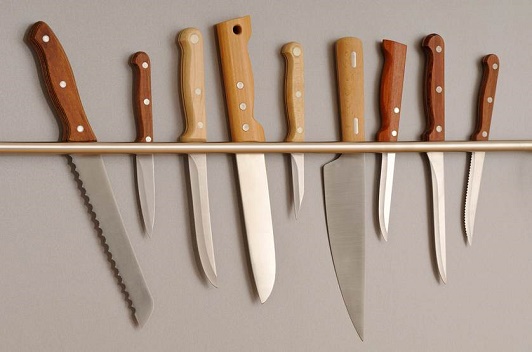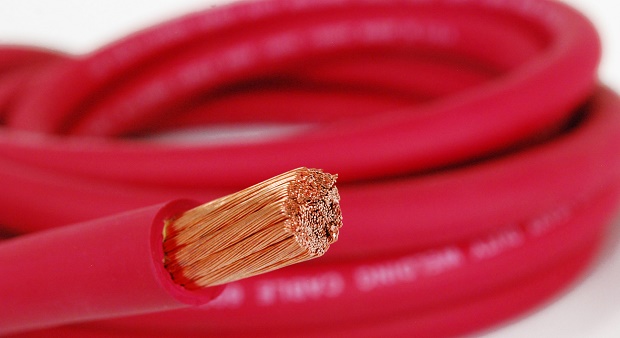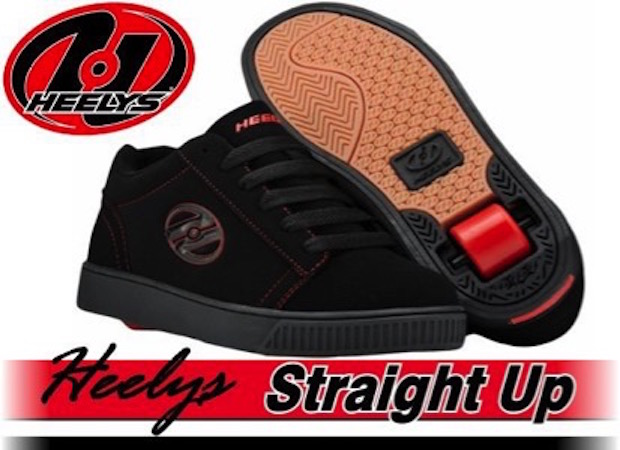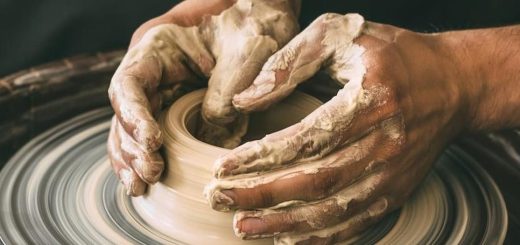Finding the Right Knife Sharpener for Your Kitchen
There are a few tools you can use to make sure your knives are sharp and well maintained which include electric sharpeners, handheld sharpeners, sharpening stones, and sharpening steels. The first three are used for when you want to put a new edge on your knife while sharpening steels are used to hone and maintain the blade and make sure it holds its edge for longer. So for the purpose of you being able to make the right decision when you buy knife sharpener, let’s take a look at each of these types.
Electric Sharpeners
These types of sharpeners often come with 2 or 3 slots for sharpening your blade for the purpose of you being able to gradually achieve the desired sharpness of your edge. The first step has a coarse grit and it is best for sharpening very dull blades, the last step has the finest grit for finishing up and honing a sharp blade and the second one is something in between. When the sharpener is turned on, it spins the sharpening stones, which sharpen the knife to the desired degree when it is drawn through the slots. Most electric sharpeners have a guide that can help you get the perfect angle on your blade.
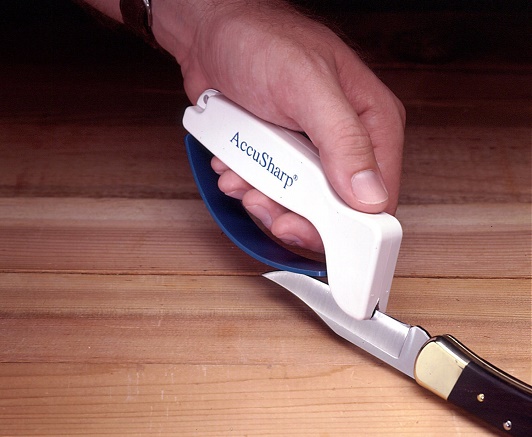
Handheld Sharpeners
These types of sharpeners can be used in two ways, either by running the slot of the sharpener down the edge of the blade or by placing the sharpener on a flat surface and running the knife through the slot. Handheld sharpeners are perfect for the cooking professionals who find themselves traveling often. They may not have as many sharpening slots as the electric sharpener but they don’t require electricity to run and are easily portable. If you are looking to buy knife sharpener that is reliable and doesn’t require any maintenance, the handheld sharpener is the way to go.
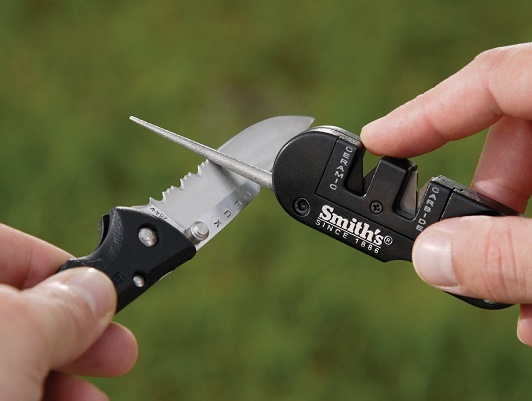
Sharpening Stones
Sharpening stones are usually made from three common materials, novaculite, aluminium oxide, and silicon carbide, more commonly referred to as Arkansas, India, and Crystolon stones. India and Crystol are man-made, whereas Arkansas is a natural stone and it varies from fine to coarse regarding grit. India stones are best suited for fine sharpening and Crystol for initial coarse sharpening. You can find some stones that have diamond abrasives added in the mixture they are comprised of, which allow for more precise sharpening.
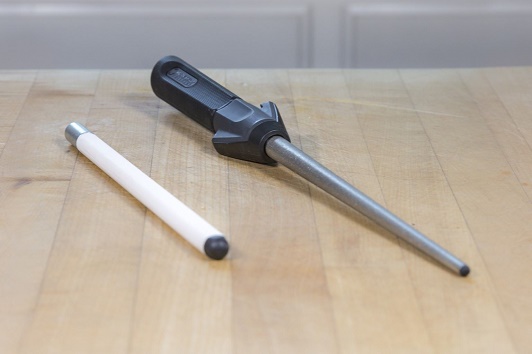
Sharpening / Honing Steels
When most people think of buying a knife sharpener, they think of a sharpening steel. Contrary to the name, they are not actually made for sharpening a knife but rather for honing it and maintaining its edge. They are different from the sharpeners mentioned above and should be held in their own separate category. There are four common cuts for sharpening steels and they are: regular, diamond, combination, and ceramic. The difference between cuts is minimal, although it is recommended that you use sharpening steels that match the knife’s brand, as manufacturers specifically design their steels to hone their knives.
